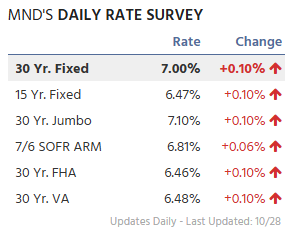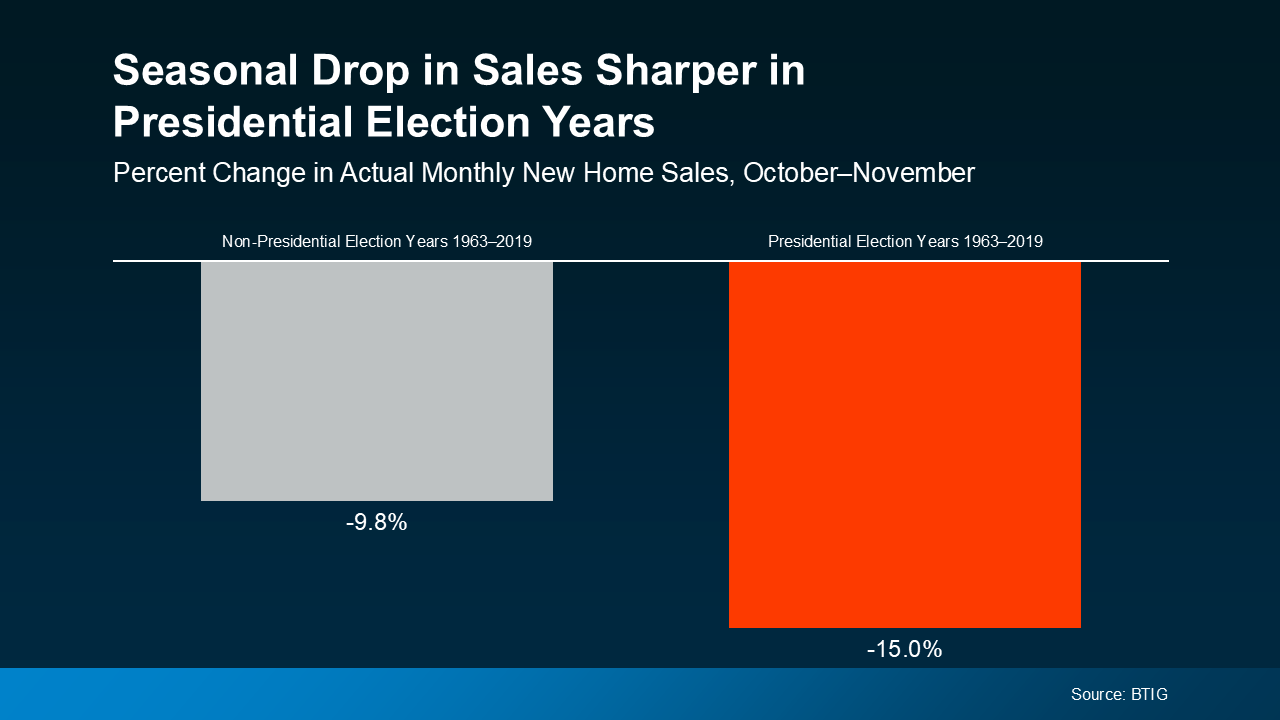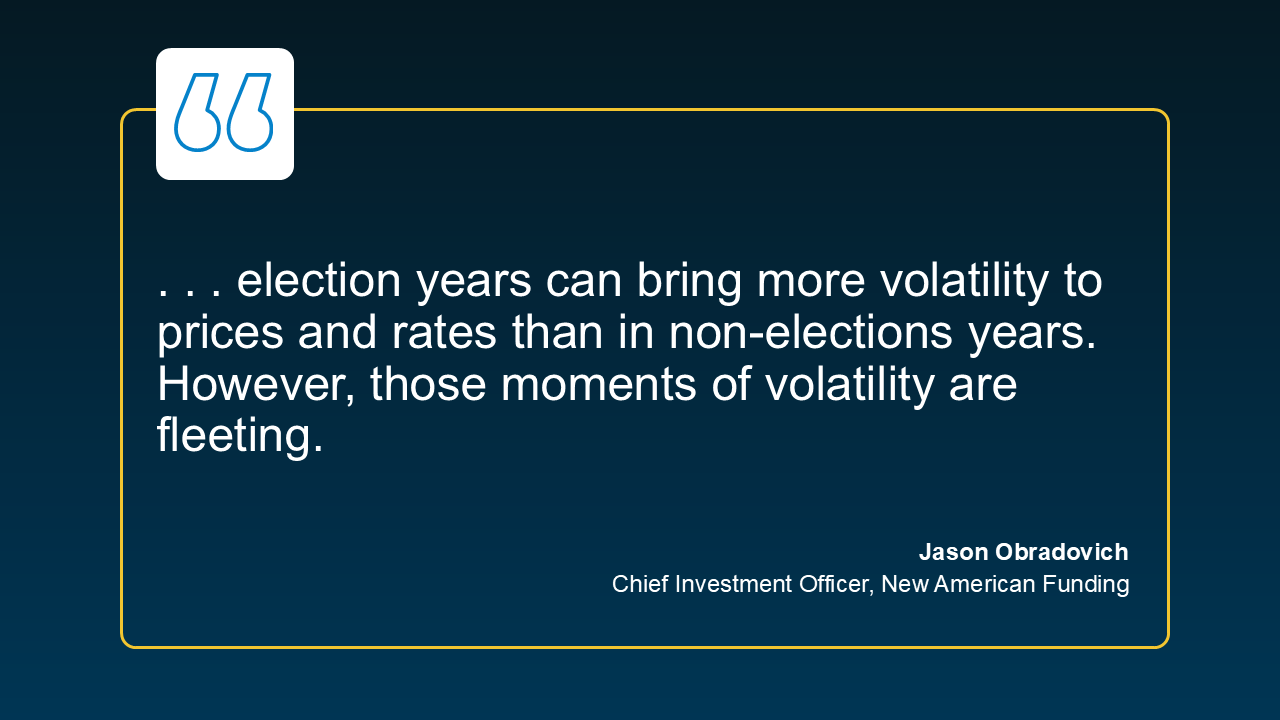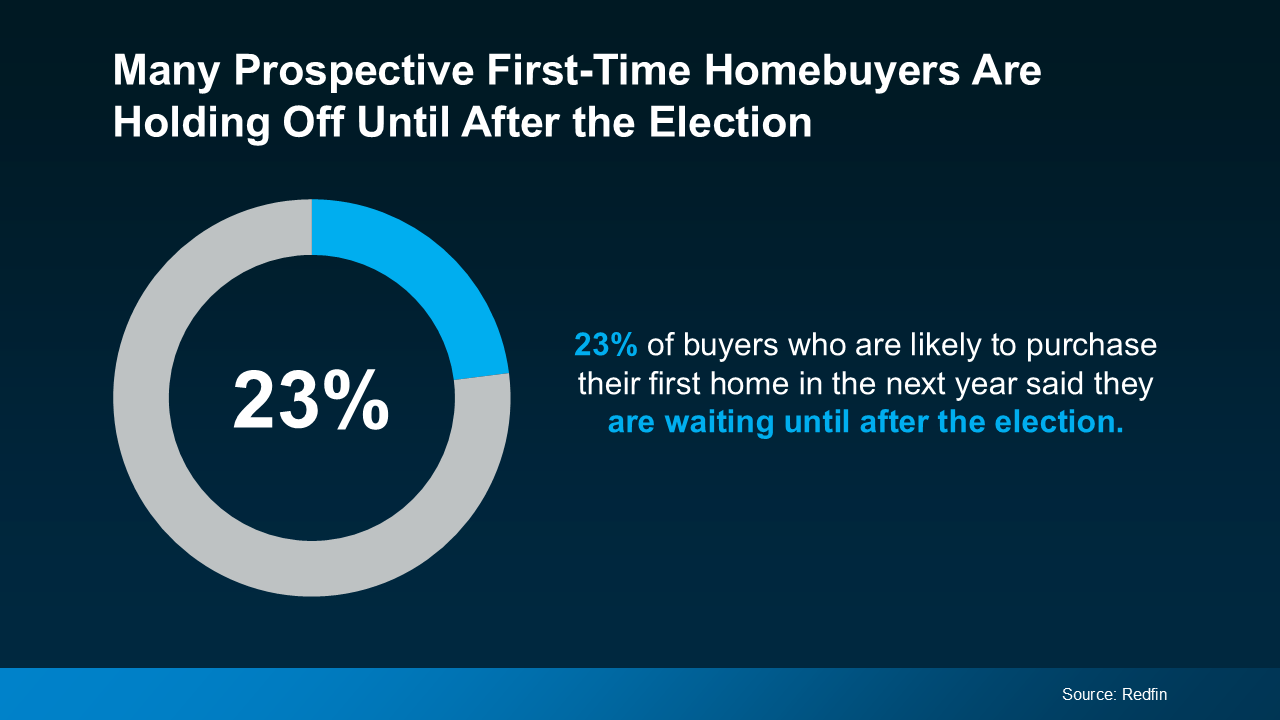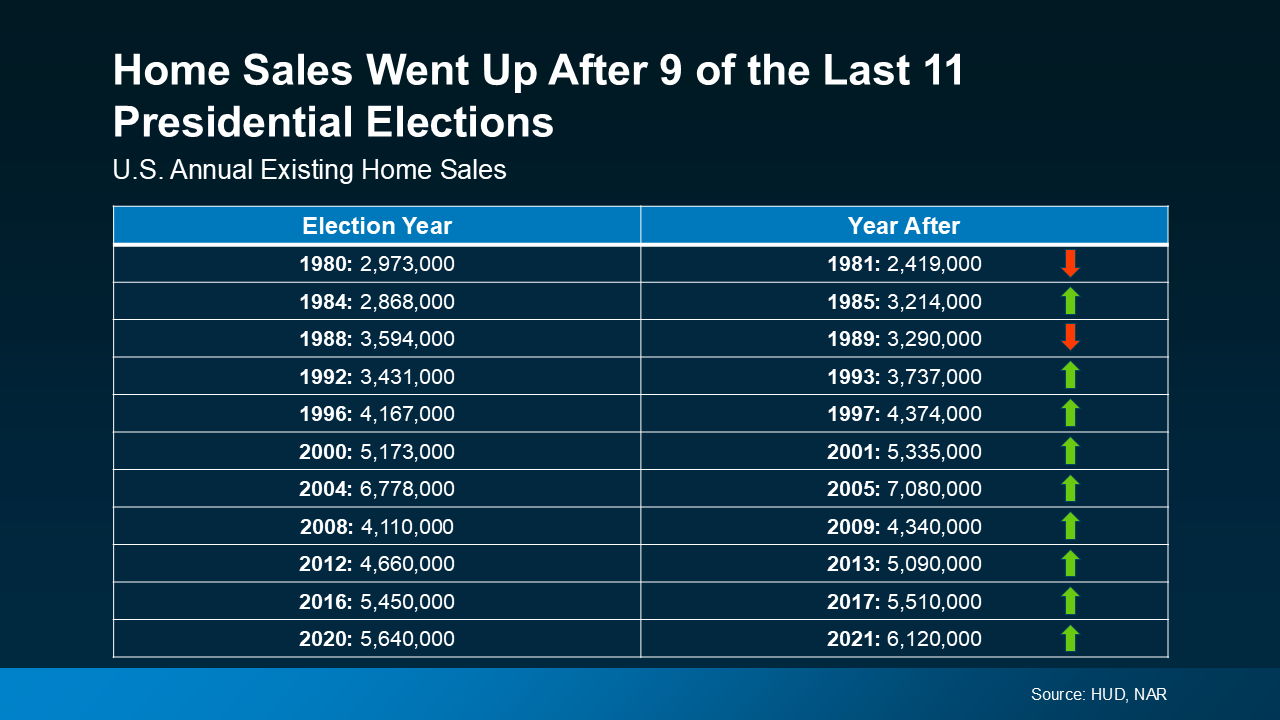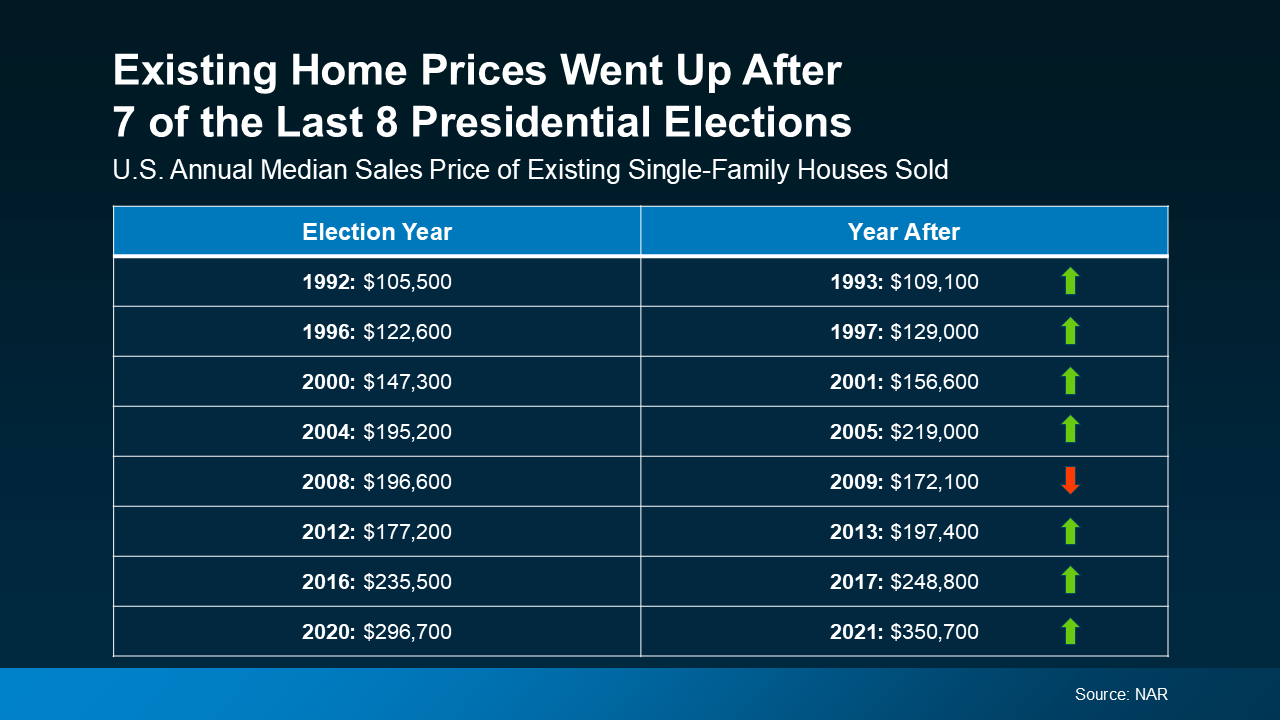VIDEO UPDATE: Interest Rates Improve Despite Higher Inflation, Here is Your Weekly Mortgage Rate Update…
💁♂️ How the Election Impacts Home Buying and Interest Rates
TODAY’S RATES & HOUSING NEWS
Average 30 Year Fixed Interest Rates
across the country have officially hit
7%. The Mortgage Backed Security
(MBS) market traded down -81 bps
over the past 7 days. The 10 Year
Treasury currently sits at 4.3305.
Interest rates have moved up
significantly in October 2024 and we
are heading into a big week of data.
See data below (mortgage news daily
blue line is most accurate)
The most important reports will be
the PCE Inflation report on Thursday
and the BLS Jobs Report on Friday.
These reports have the capability to
catapult rates even higher or give
us some relief with a correction.
Below are Mortgage News Daily’s
average interest rates across the
country. There are a lot of characteristics
that go into a mortgage rate – credit
score, investor, loan to value, loan
amount, costs, etc.
Please call me to go over your
specific scenario so we can
price your loan out accurately.
OR reply to this email with the answers
to the questions below for Mortgage
Options for your scenario.
REFINANCE QUOTE:
Goal of Refinance – Lower Payment, Cash Out, Etc:
Address of Home:
Estimated Value Of Home:
Current Loan Amount:
Loan Amount You Would Like to Finance:
Current Rate:
Do you know what type of Loan you are Currently in – FHA, VA, etc:
Estimated Credit Score:
Are You a Veteran or Active Member of the US Military:
If you are a Veteran, do you get VA Disability:
HOME PURCHASE QUOTE:
What City and State Are You Looking to Buy In:
Estimated Purchase Price:
Loan Amount You Would Like to Finance:
Will Property be a Primary Residence, Investment Property, or Vacation Home:
Estimated Credit Score:
Are You a Veteran or Active Member of the US Military:
If you are a Veteran, do you get VA Disability:
Thank you!
HOW THE ELECTION
IMPACTS HOME BUYING
Historically, the U.S. presidential election can
have a notable impact on the housing market,
particularly around October and November,
as prospective homebuyers react to economic
uncertainties and potential policy changes.
Here are some of the main historical trends:
1. Buyer Hesitation and Market Slowdown:
Buyers often pause major financial decisions
during election season, which can lead
to a temporary slowdown in the housing
market. This is typically due to uncertainty
around possible policy changes and economic
stability, with people taking a “wait-and-see”
approach. As a result, home sales and new
listings sometimes decrease in the months
leading up to and immediately following
the election.
2. Interest Rate Volatility:
Elections can lead to short-term
fluctuations in mortgage rates. Markets
may respond to election polls, debates,
and economic policy proposals, which
can impact the 10-year Treasury yield—
a key influence on mortgage rates. If
rates are predicted to rise or if there’s
a belief in potential economic stimulus,
buyers may rush to secure a home loan
before rates increase, driving short-term
demand.
3. Policy-Driven Market Adjustments:
Depending on the candidates’ policies, buyers
may anticipate changes in housing regulations,
tax breaks, or loan accessibility. For example,
if a candidate’s platform strongly supports
first-time homebuyers or promotes housing
affordability, there may be increased optimism
and interest in purchasing sooner.
4. Post-Election Stabilization:
Generally, the market stabilizes after the
election as the new or re-elected
administration outlines clearer plans. Historically,
this post-election period often sees an uptick in
home-buying activity as uncertainty diminishes.
Overall, while the presidential election
typically causes temporary fluctuations
in home buying, the market usually
stabilizes shortly after as policies and
economic trends become clearer.
Have a great week!


